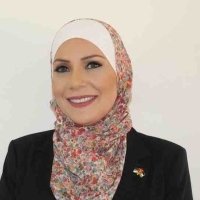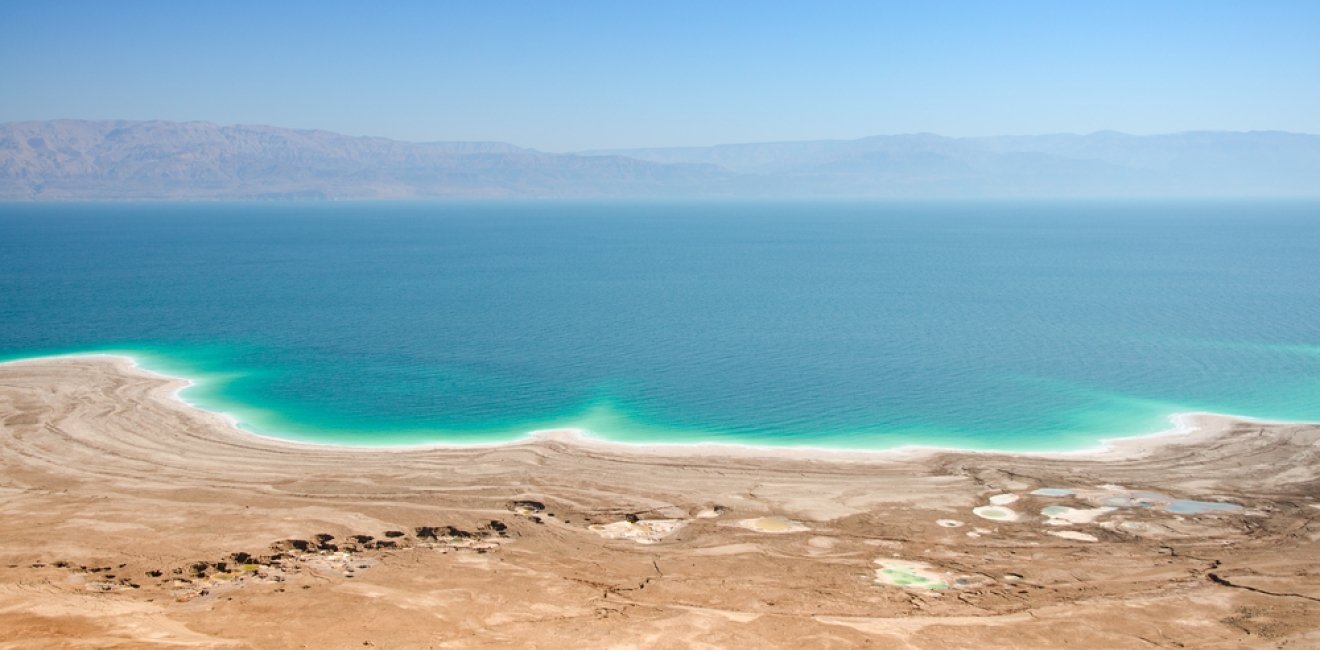
A blog of the Middle East Women's Initiative
In rural and urban settings, Jordanian women understand the most the cost of inaction and deploy solutions to adapt to climate change consequences.
Climate change is a political, ethical, and economic crisis, despite its manifestation as an environmental one. Jordan is far from being a contributor to greenhouse gas emissions, yet it is losing its natural and fixed assets due to climate change. Climate change does and will continue to affect us in places where we are already most vulnerable. In rural and urban settings, Jordanian women understand the most the cost of inaction and deploy solutions to adapt to climate change consequences.
In Jordan, more females are enrolled in universities than men; the country also enjoys the highest engineers per capita in the world (an engineer for every 40 people), of which more than 26 percent are females. However, even prior to the COVID-19 pandemic, women’s representation in the labor market stood below 15 percent. In 2021 unemployment rates in Jordan reached 25 percent, with 33 percent women’s unemployment. By acknowledging that climate action and achieving a green and resilient economy are not sector specific, one can start to imagine the impact women can have if they are enabled to provide solutions for the present and opportunities for the future. An economy that is not inclusive cannot be sustainable.
While the Jordanian leadership recognizes the value and importance of women’s participation in the political and economic spheres, this recognition needs to be adopted by all actors and across all sectors and localities. The role of think tanks, business associations, civil society organizations, and media is of high significance. These actors could serve as catalysts for change by shedding light and facilitating dialogue on the impact of gender equality, as well as advancing a social, economic, and environmental agenda. These catalysts are best positioned to provide scientific and market-based evidence to design and deploy suitable enablers for an inclusive and resilient economy and society. Jordan’s efforts in developing climate change policies and targets, in addition to a green growth strategy and action plans, embed tremendous opportunities to create green jobs, innovations, and startups within which Jordanian women are well positioned to be in the driver’s seat.
Women are active in the climate and green sectors, but are mostly deprived of the recognition they deserve in the public, private, and civil society sectors.
Speaking of data as one of the enabling tools for action, gender-segregated data in the green economy and climate change is unavailable. This is probably because these issues were not high on the national and global agendas until only recently. Moreover, climate action is a cross-sectoral issue that needs to be mainstreamed and cascaded within all economic and social plans and data sets. Women are active in the climate and green sectors, but are mostly deprived of the recognition they deserve in the public, private, and civil society sectors. Several standalone initiatives were carried out in the past few years to bring awareness to women role models in the energy and environment sectors, yet they lacked proper institutionalization or continuity. The lack of data contributes to an inability to set concrete and realistic targets, track progress, and celebrate success.
Women in Jordan are practicing climate action and fostering resilience within households, communities, and the workplace. We owe them a non-conventional empowerment model that goes beyond numbers and towards genuine engagement and leadership. The ongoing national economic visioning workshops that tackle the 17 economic development sectors are a timely and precious opportunity to ensure that women are indispensable shapers of Jordan’s transition to a sustainable and prosperous future.
Author


Middle East Program
The Wilson Center’s Middle East Program serves as a crucial resource for the policymaking community and beyond, providing analyses and research that helps inform US foreign policymaking, stimulates public debate, and expands knowledge about issues in the wider Middle East and North Africa (MENA) region. Read more


Middle East Women's Initiative
The Middle East Women's Initiative (MEWI) promotes the empowerment of women in the region through an open and inclusive dialogue with women leaders from the Middle East and continuous research. Read more

Explore More in Enheduanna
Browse Enheduanna
Women are the Catalysts for Change in Lebanon

How Education Can Empower Young Women in MENA


